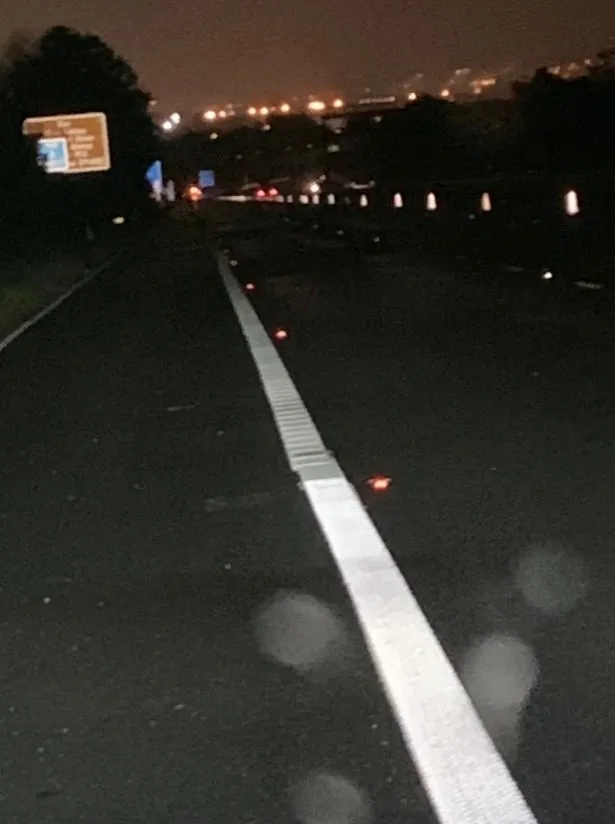Effective yestereday, a new US Federal Motor Carrier Safety Administration (FMCSA) rule prohibits an estimated four million commercial truck and bus drivers from using handheld cell phones while driving.
March 22, 2012
Read time: 1 min
Effective yestereday, a new US 4170 Federal Motor Carrier Safety Administration (FMCSA) rule prohibits an estimated four million commercial truck and bus drivers from using handheld cell phones while driving. Under the new rule, individual drivers face civil penalties up to US$2,750, while employers can be held liable and fined up to $11,000 per infraction committed while drivers are carrying out company business or otherwise acting on the employer’s behalf.
To help commercial fleet operators understand and conform to the new regulation, ZoomSafer, a provider of software to prevent distracted driving, has published FMCSA Cell Phone Use Regulations: A Guide to Compliance for Truck and Bus Fleets.
“FMCSA has made it abundantly clear that employers are responsible if their employees violate the rule,” said ZoomSafer CEO Matt Howard. “This new white paper offers commercial fleet operators a detailed explanation of the handheld phone ban and guidance on how to measure and manage employee compliance.”
To help commercial fleet operators understand and conform to the new regulation, ZoomSafer, a provider of software to prevent distracted driving, has published FMCSA Cell Phone Use Regulations: A Guide to Compliance for Truck and Bus Fleets.
“FMCSA has made it abundantly clear that employers are responsible if their employees violate the rule,” said ZoomSafer CEO Matt Howard. “This new white paper offers commercial fleet operators a detailed explanation of the handheld phone ban and guidance on how to measure and manage employee compliance.”








